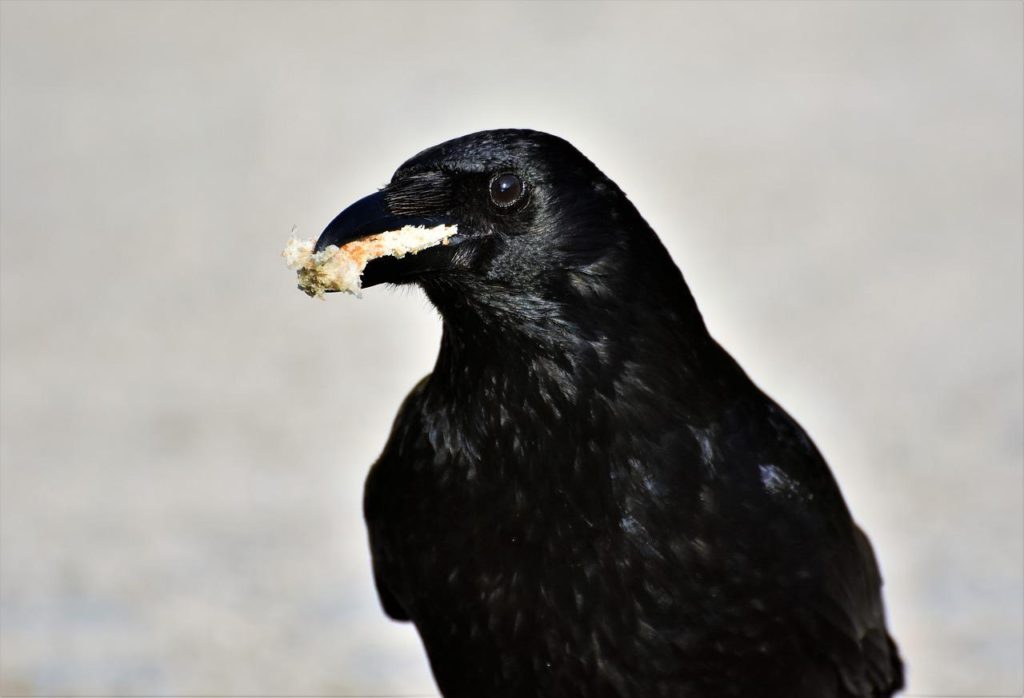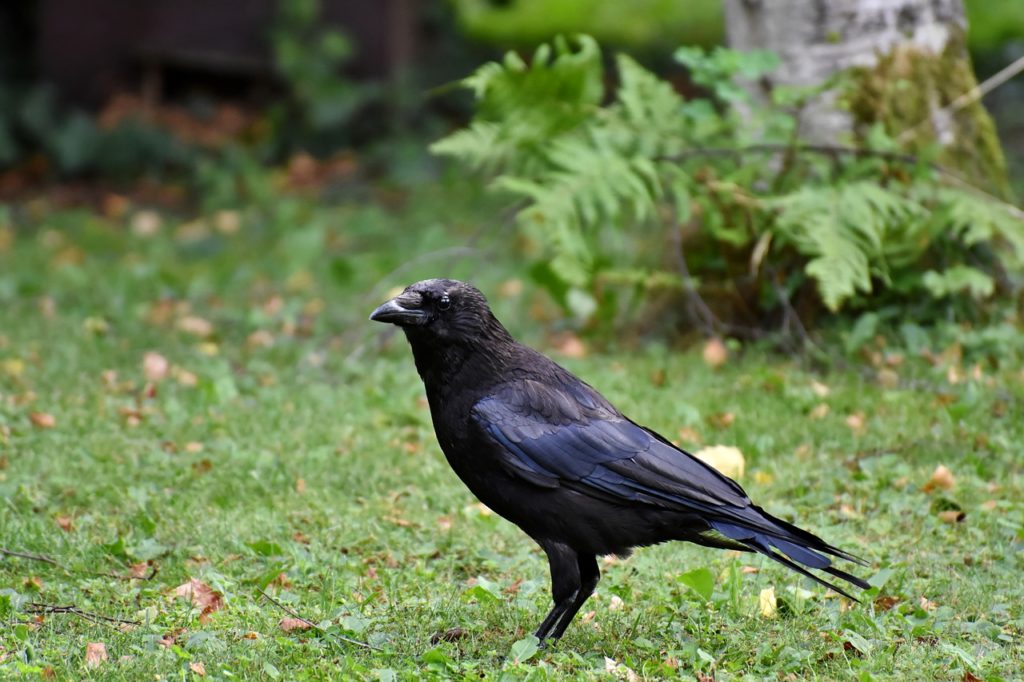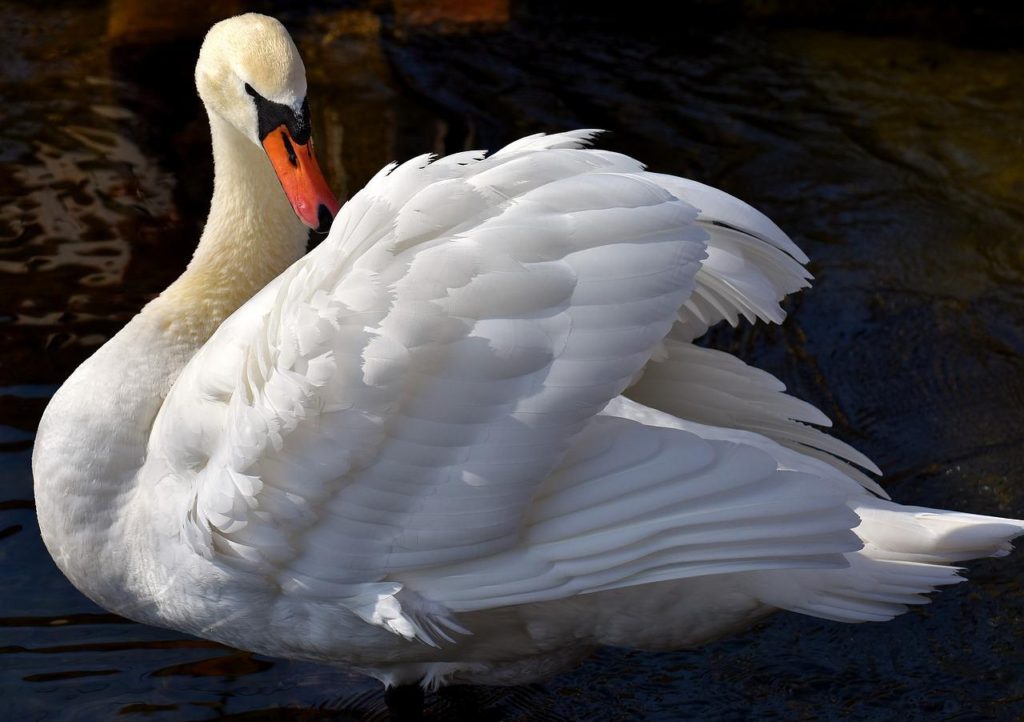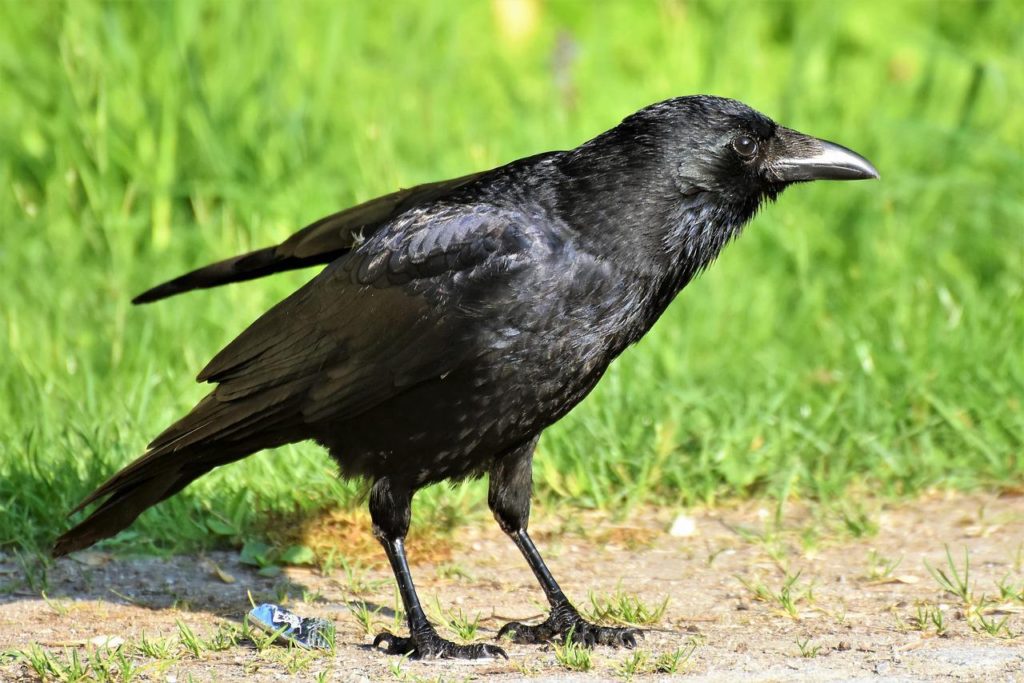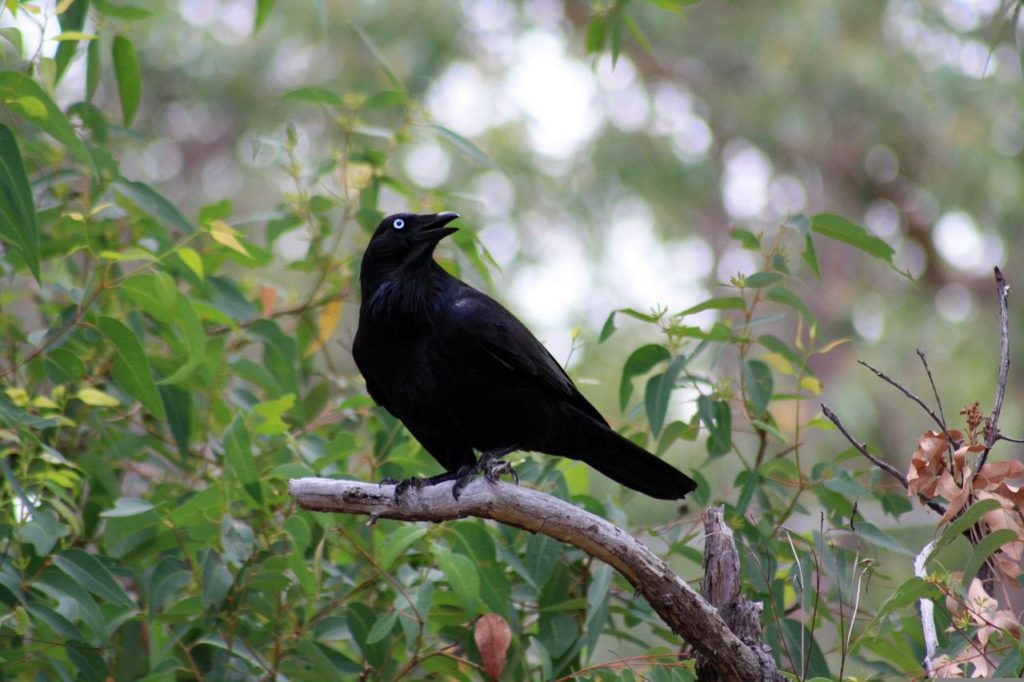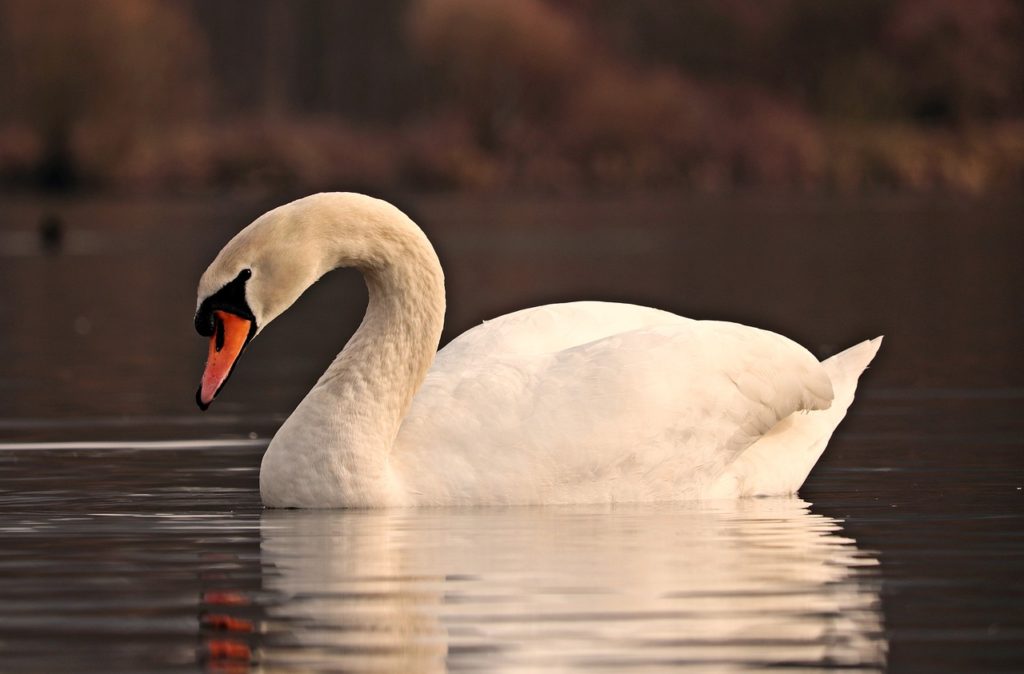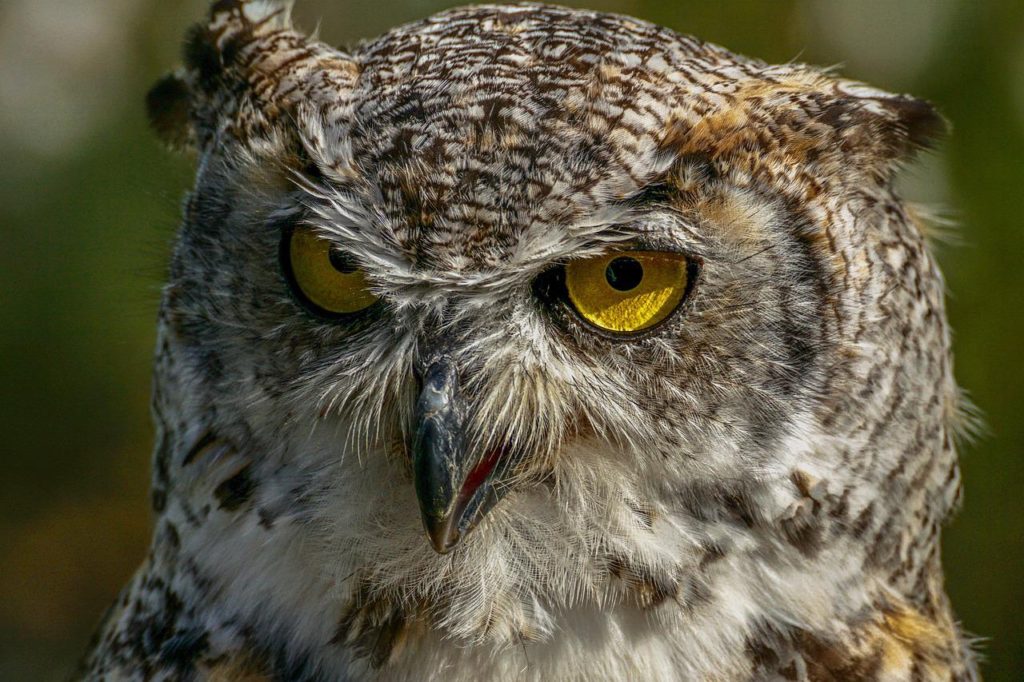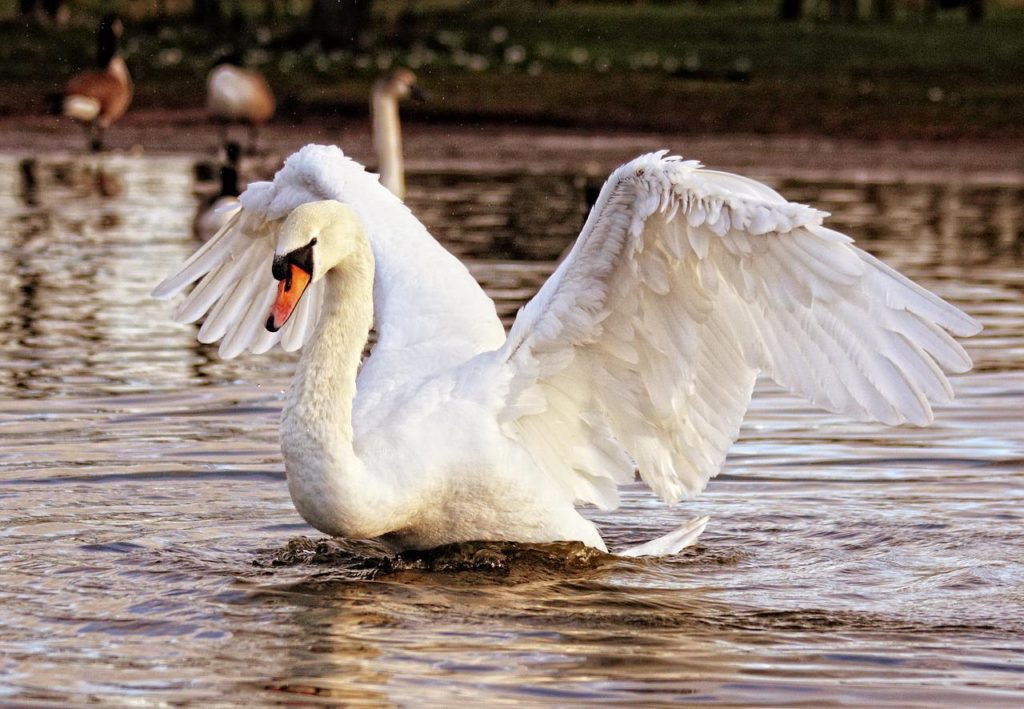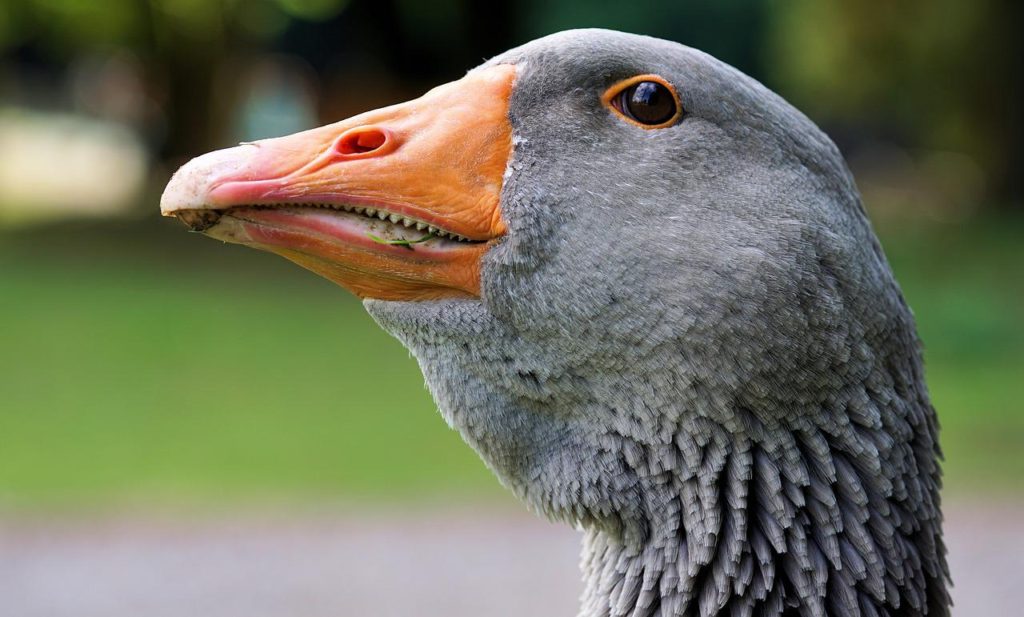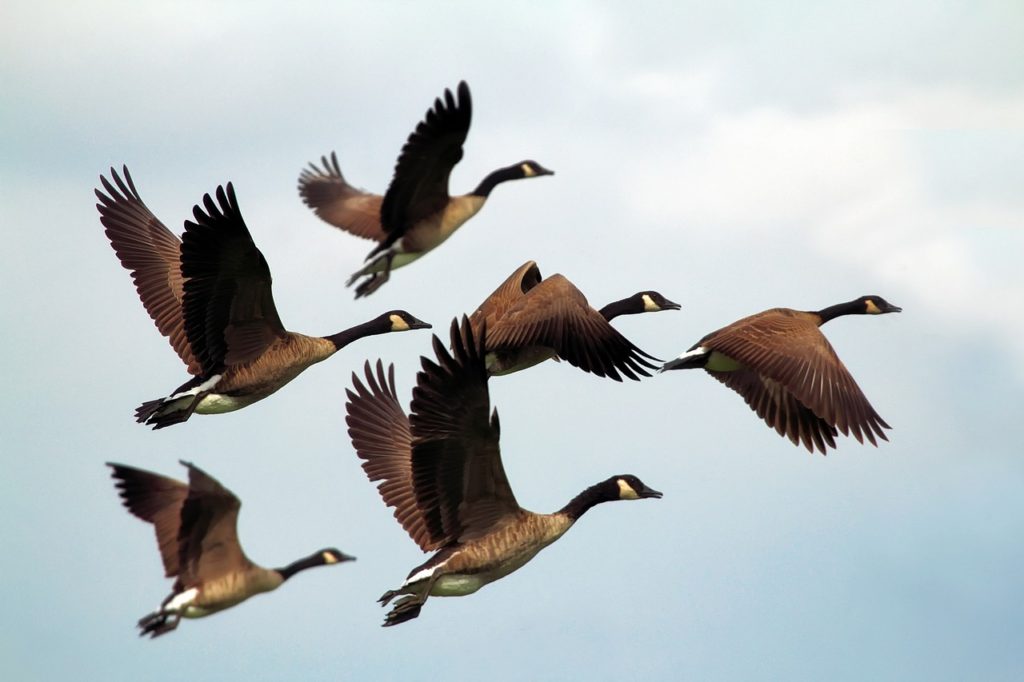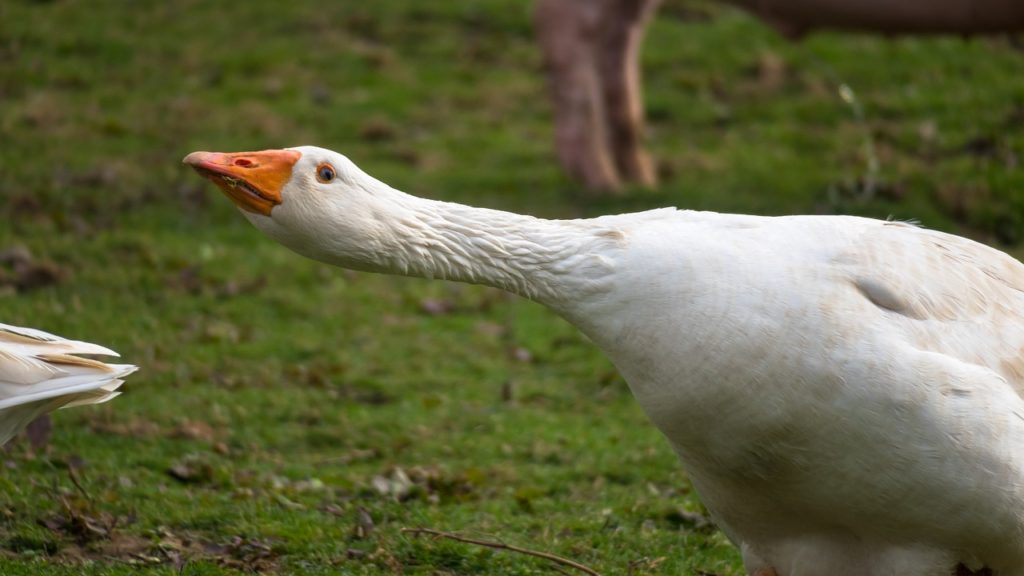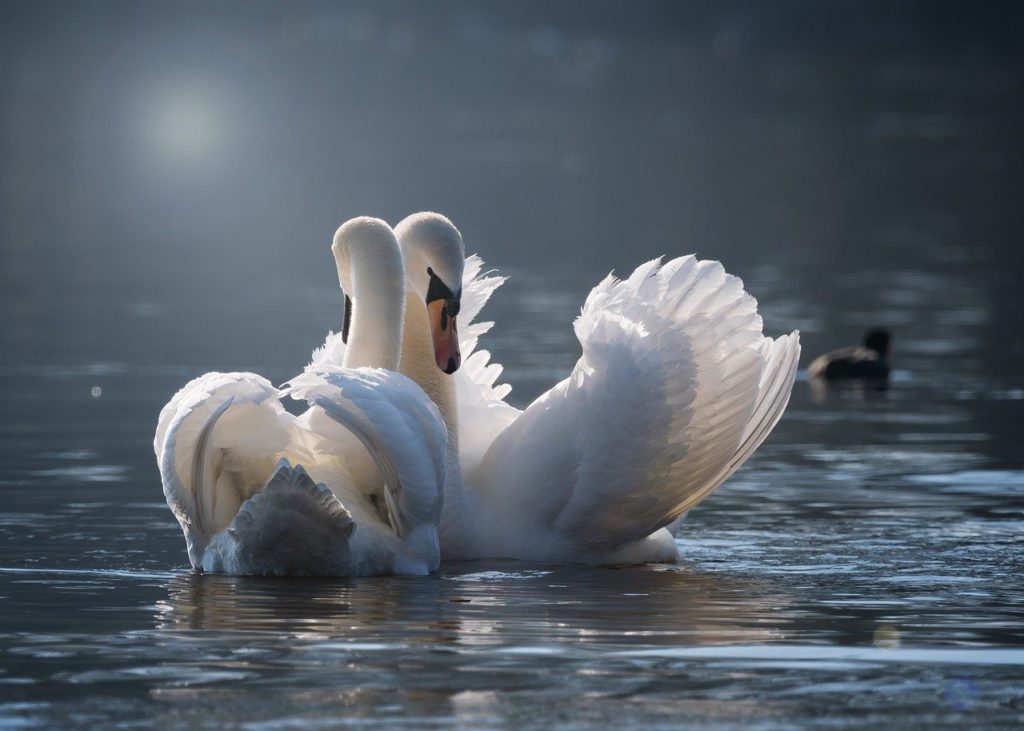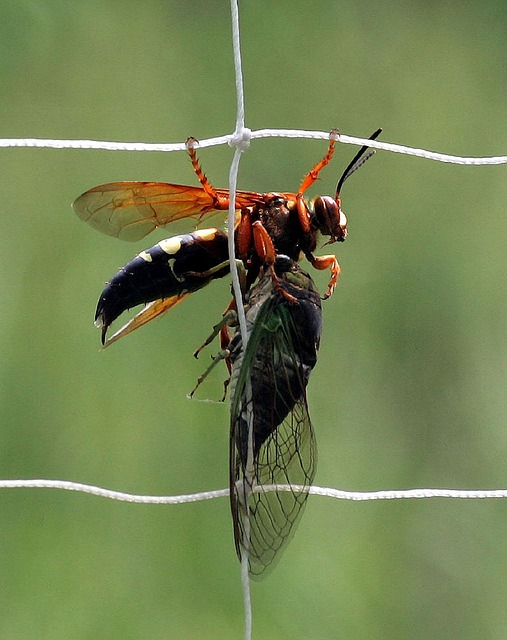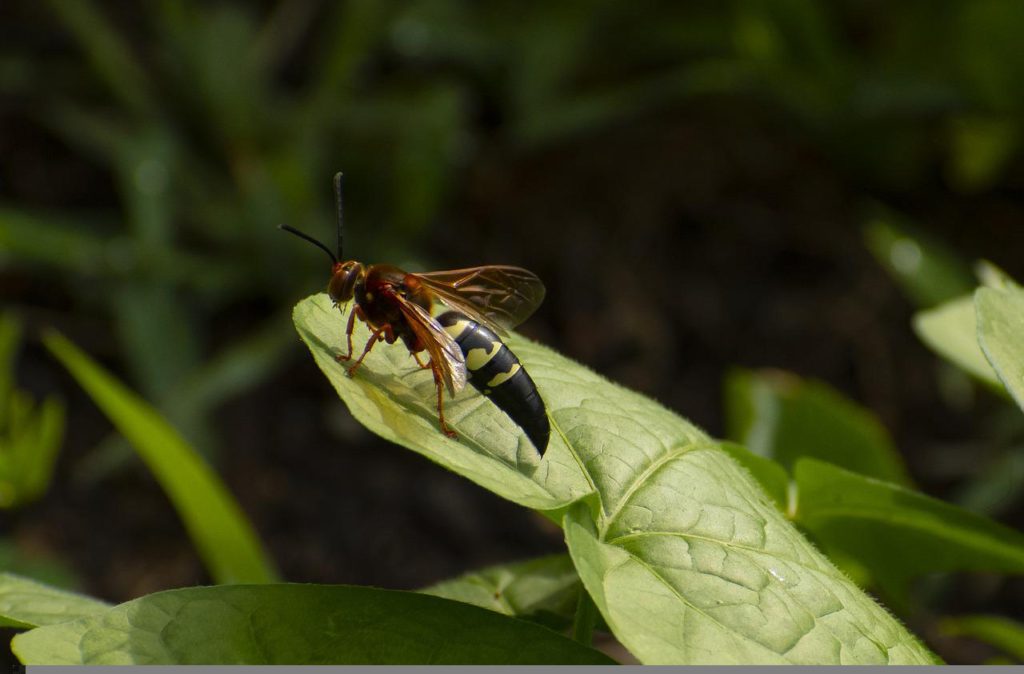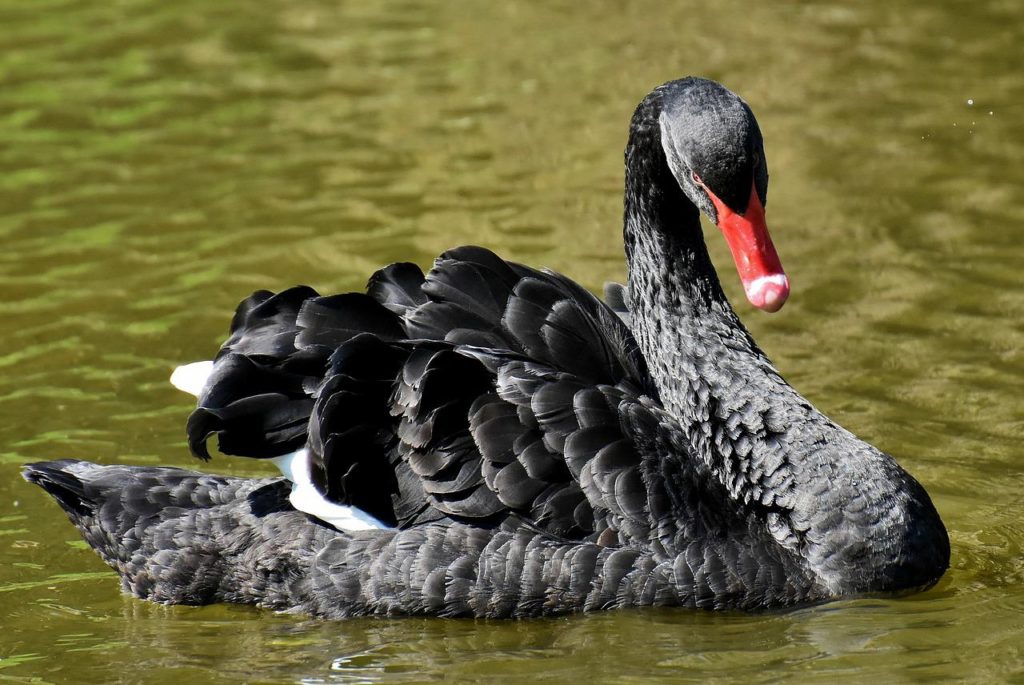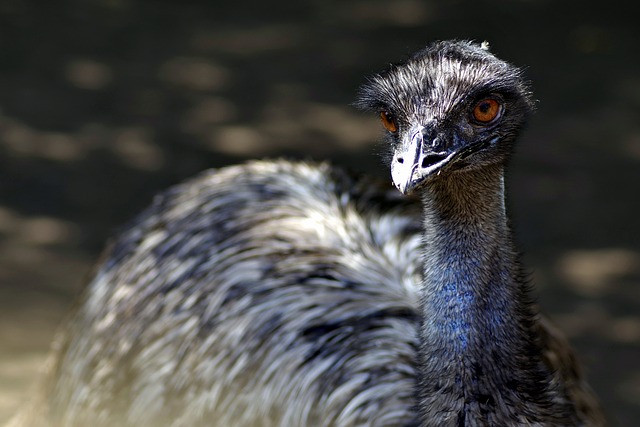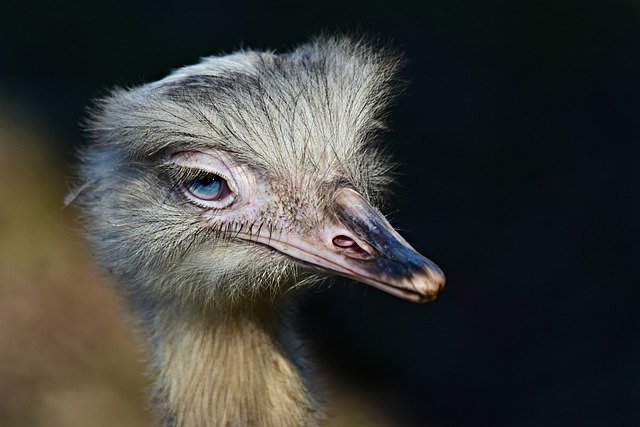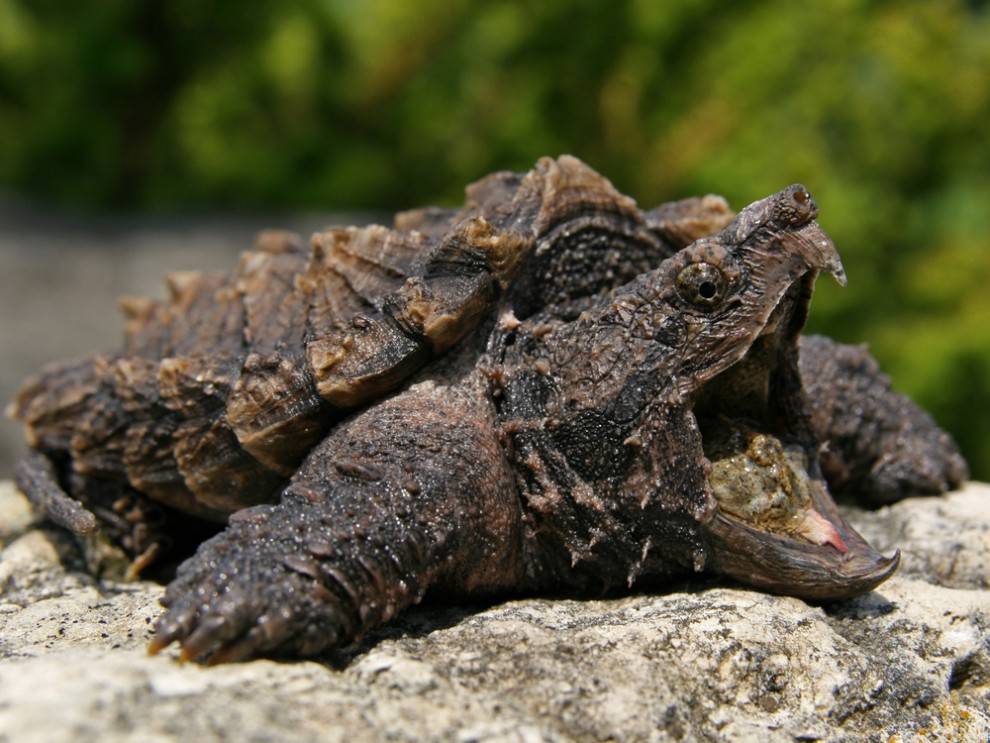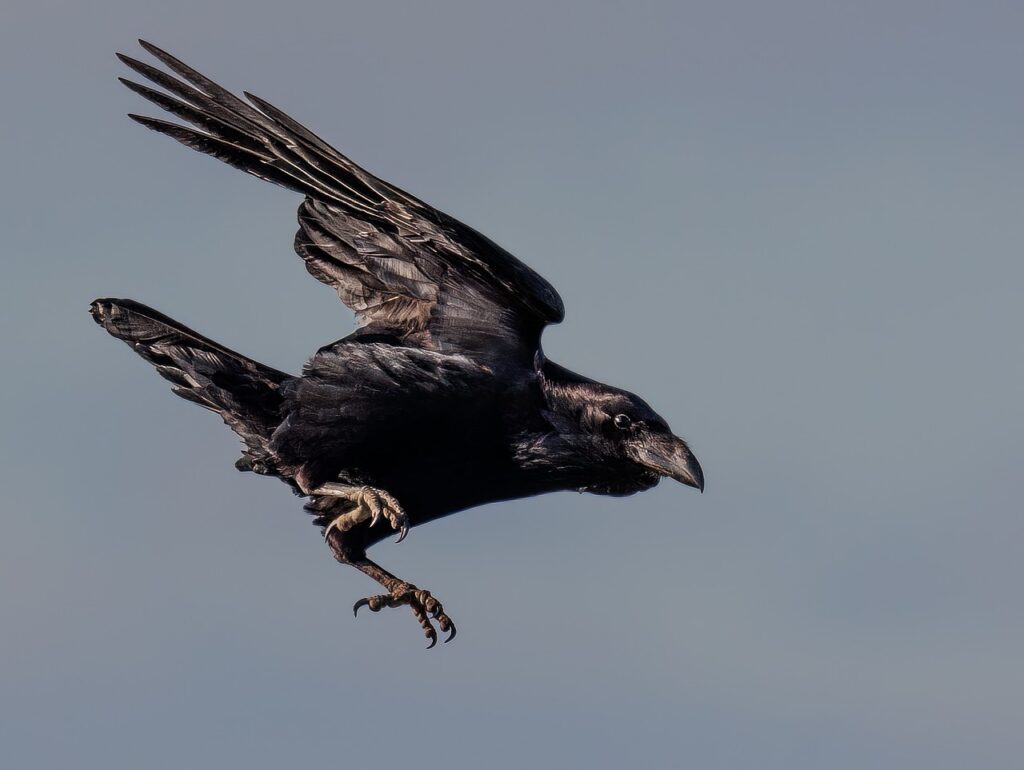
Crows can be quite a nuisance. And one natural way to deter them is by using scents that they dislike. But what smells do crows hate? Read on to find out!
Pest Crows
Crows are often considered to be pests. In agricultural areas, they are well-known for causing crop damage leading to economic losses for farmers. They often raid backyard bird feeders and scare away smaller bird species.
Crows can also be incredibly loud, and leave quite a mess particularly when they gather in large flocks. For these reasons, many people attempt to deter crows especially using natural methods such as scents.
Are Crows Sensitive to Smell?
Birds in general are not known for their ability, to smell. However, crows along with other corvids such as jays and ravens do have a larger olfactory bulb in comparison to most other types of birds. The olfactory bulb is the part of the brain that processes different smells. They also have a higher number of olfactory receptors, the cells responsible for detecting odors.
Crows have been observed to be able to detect the smell of carrion and other food-related items. That being said the research on the ability of crows to smell is limited. In general, crows mainly rely on other senses such as their hearing and vision, both of which are excellent. In fact, a crow’s eyesight is among the best of all birds. And it helps them spot predators, find food, and navigate their environment.
Smells That Crows Hate
Just like crows can be attracted to the smells of certain foods, there are also smells crows hate. And they can be used to repel them. One of the most effective is methyl anthranilate. This is a chemical compound that is commonly used in bird repellents. It is actually also used as a food additive to make grape flavoring.
Methyl anthranilate has the scent of grapes, more specifically concord grapes. And crows along with several other birds considered to be pests hate the smell and taste of it. It is safe for humans, pets, and other wildlife and is often used to deter birds from agricultural crops and plants.
In addition, it is believed that crows hate the smell of garlic and strong-smelling essential oils such as peppermint, citronella, and eucalyptus oil.
How to Use Scents to Repel Crows
If you’d like to repel crows using smells there are several ways to do so. Probably the simplest and most effective is to purchase a bird-repellent spray that contains methyl anthranilate. It’s typically sprayed directly on plants and in areas you want to deter crows and other birds.
And it usually needs to be re-applied every ten days or so, although if there is heavy rain it will need to be sprayed more frequently. Instead of manually spraying, another option are automatic dispensers that use cartridges of methyl anthranilate. These periodically spray the deterrent on their own, only requiring you to replace the cartridge about every sixty days.
Cloves of garlic can be placed around the areas that the crows frequent. However, you’ll need to remember that they rot quickly and will need to be replaced. Garlic oil is another option that you can spray in these areas.
To create a spray using peppermint, citronella, or eucalyptus oils add a few drops of one of the oils to a spray bottle and mix it with water. (Some people like to combine peppermint with eucalyptus.) And then spray it in the areas where the crows are congregating.
An alternative option is to soak cotton balls in the oil and place them where the crows are an issue. Be sure to keep in mind that the scents will fade over time and need to be reapplied. Also while essential oils are natural they need to be diluted, they can be harmful if used in large amounts or ingested.
Other Deterrent Options
If you are using scents to deter crows from an area there are a few more things you’ll want to consider doing. Removing or making inaccessible whatever is drawing them to your property such as sources of food, water, or shelter will be extremely helpful.
And while using smells crows hate to repel them can be effective, combining scent repellents with other methods can increase the chances of success dramatically. Visual deterrents such as dead crow decoys and reflective tape along with noise deterrents like windchimes or even bird cannons can help to keep the crows away.
Start Shopping for Crow Deterrents!
What Do Crows Eat?
With roughly 40 different species, crows are a common sight in most places around the world. And while most of us are familiar with their appearance and harsh vocalizations, their diet is not as obvious. So what do crows eat? Here's what you'll want to know. What Do...
What Are Crows Good For?
Crows are widely considered to be pests. However, these large and highly intelligent black birds actually serve quite a few important functions in the environment. So what are crows good for? Here's what you'll want to know. Pest And Parasite Management Crows are...
How Long Do Swans Live?
Swans are graceful and beautiful creatures and as such, people have many questions about them. They want to know about their mating rituals, their diet, their preferred habitats, and even their lifespans. How long do swans live for anyway? Swan lifespans actually vary...
Are Crows Good Pets?
People all around the world see and hear crows on a daily basis. Although these intelligent and dark birds are practically ubiquitous, most people don't think of them as being household pets. Are crows good pets? The general consensus is that crows do not make...
Are There Crows In Australia?
Crows are remarkably smart birds that also happen to be extremely adaptable. They navigate unfamiliar circumstances via observation and interaction. Crows reside in locations all over the globe. While they do not live in certain parts of South America, they do reside...
What Do Swans Eat?
Swans are famously long-necked birds that are symbols of romance, love, beauty, and purity. Since these waterbirds have so many admirers, people often wonder about their eating habits, behaviors, and more. What do swans eat, anyway? Swan Basics Swans typically live in...
Birds That Look Like Owls
Owls are typically solitary and mainly nocturnal birds. And although these well-known hooting creatures have a rather distinctive physical appearance, there are actually various other kinds of birds that resemble owls closely. And people sometimes mix them up. So...
Why Are Swans Protected?
Swans are graceful and gorgeous creatures. They also happen to have protection in the United Kingdom, interestingly enough. Why are swans protected there, anyway? And does the Queen own all the swans? Yes, she actually owns any mute swans that are unclaimed in both...
Birds With Teeth
Birds do not have teeth. However, there are quite a few that really look like they do! These birds have evolved special beaks which help them to perform important functions. So here are some of the most amazing birds with “teeth,” and what you’ll want to know about...
Do Geese Fly?
Although geese are clearly birds, there are many individuals who do not necessarily associate them with flying. So, do geese fly? The honest answer is that these waterfowl do. They do not exactly slouch in the flying department, either. Many people are pleasantly...
Are Geese Dangerous?
Geese, in brief, are waterbirds that are quite substantial in size. Since they're often spotted on golf courses, at schools, and in community parks, people understandably tend to wonder whether they're safety threats. Are geese dangerous? Why Geese Attack...
Do Swans Mate For Life?
Swans are famously elegant waterbirds that are known for their sizable bodies, webbed feet, and lengthy necks. People often associate them with romantic imagery and monogamy. Do swans mate for life? You can find the response to that common and rather fascinating...
When Do Cicada Killers Come Out?
Whether you dread them each year or are waiting for them to emerge and control the cicada population you may be wondering, “When do cicada killers come out? The answer is they come out each summer in late June or July. Here’s what you’ll want to know. Cicada Killer...
Are Cicada Killers Dangerous?
One look at one of these huge wasps buzzing around, your yard, and it’s only natural to ask, “Are cicada killers dangerous?” Fortunately, these wasps are mild-mannered. But here’s what you’ll want to know. Cicada Killer Wasps Basics Cicada killers emerge from the...
What Are Black Swans?
What are black swans? Black swans (Cygnus atratus) are sizable waterbirds. This species primarily appears in Australia's southwestern and southeastern portions. The black swan is nomadic in its homeland. This bird, true to its name, is mostly black. Although the bird...
What Do Cicada Killers Eat When There Are No Cicadas?
What do cicada killers eat when there are no cicadas? Well, while cicada killer wasps do hunt cicadas, the adults don’t actually eat them or kill them, their young do. Read on to learn more! The Cicada Killer Diet While you may have seen cicada killer wasps flying...
Do Cicada Killer Wasps Sting?
As one of the biggest species of wasp in North America the cicada killer wasp can be intimidating. And because of their size, appearance, and scary-sounding name, many people wonder, “Do cicada killer wasps sting? The answer is yes and no, and here’s what you’ll want...
Emu Facts
Did you know? One emu egg can make an omelet that can feed up to six adults. Did you know that the emu is the only bird with calf muscles? Can an emu walk backward? Let us find out by exploring some of the most jaw-dropping emu facts. Emus Have Amazingly Powerful Legs...
Rhea Facts
Doting dads, did you know the male rhea builds the nest, incubates the eggs, and takes care of the young? The rheas are paragons of parental care. It’s a bird like no other, and you will be surprised by the following rhea facts. Rheas Are One Of The Best Dads In The...
